Agriculture
Your business growth is our main focus
How we assist our customers?
We provide a variety of local suppliers approved by our experienced team, offering effective sourcing strategies that deliver the best options available in the market.
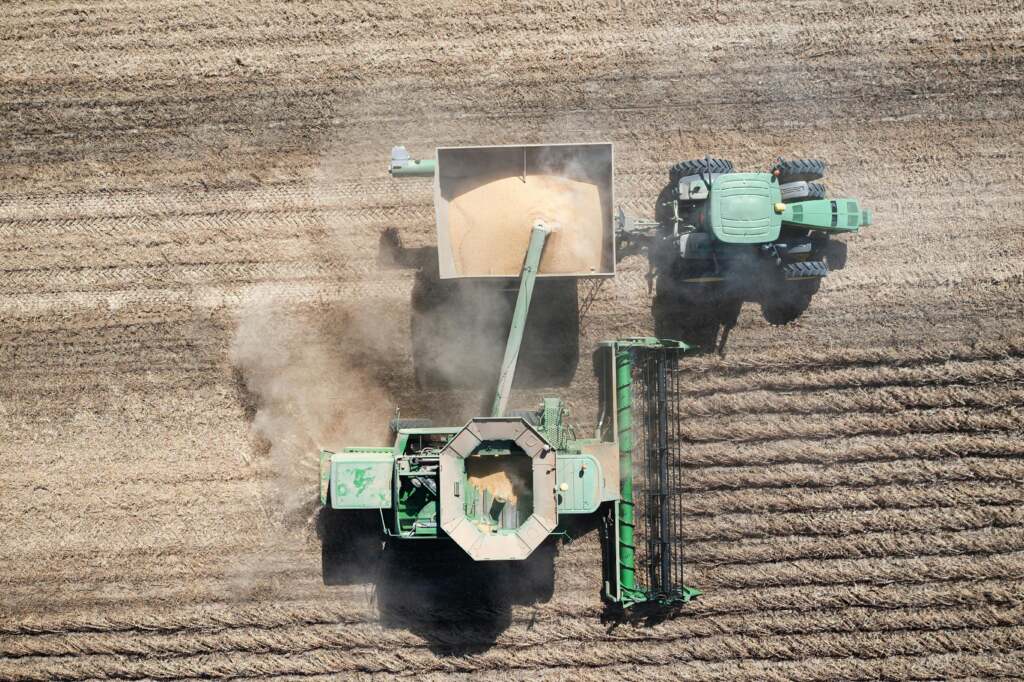
Crops
Getting seeds from local suppliers and local farmers can significantly benefit companies in agriculture by providing access to regionally adapted varieties that thrive in specific climates and soil conditions. Local suppliers often have extensive knowledge of the local ecosystem, enabling them to recommend the best seed options for maximizing yield and minimizing pest issues. Additionally, sourcing seeds locally can reduce transportation costs and lead times, ensuring fresher stock.
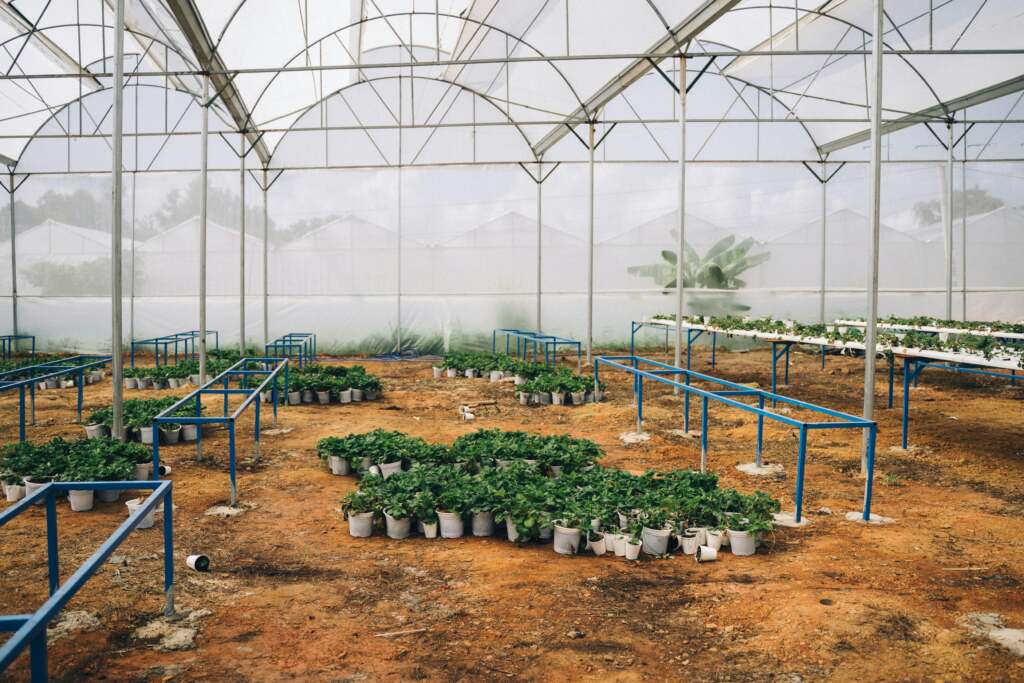
Soil Management
Soil management is crucial for agriculture companies aiming to enhance productivity and sustainability. By implementing practices such as crop rotation, cover cropping, and organic amendments, these companies can improve soil health, increase nutrient availability, and reduce erosion. Soil testing and precise nutrient management allow for tailored solutions that meet specific crop needs, while conservation techniques promote water retention and biodiversity.

Water Management
Water management is essential for agriculture companies to optimize crop production while conserving vital resources. By utilizing techniques such as drip irrigation, rainwater harvesting, and soil moisture monitoring, these companies can ensure efficient water use and minimize waste. Implementing irrigation scheduling based on crop needs and weather conditions helps maintain soil moisture levels, promoting healthy plant growth. Additionally, adopting practices like mulching and cover cropping can enhance water retention and reduce runoff.
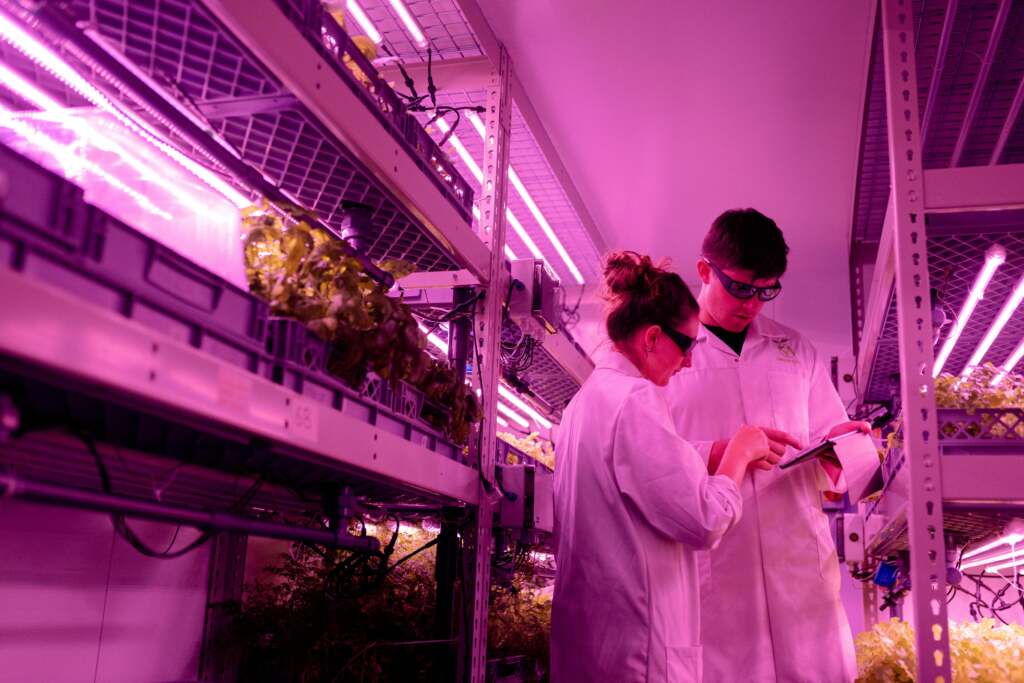
Agricultural Technology
Providing agricultural technology involves integrating advanced tools and solutions that enhance productivity, efficiency, and sustainability in farming practices. This includes precision agriculture technologies like GPS-guided equipment, drones for crop monitoring, and sensor systems for soil and weather data. By leveraging data analytics and machine learning, companies can make informed decisions about crop management, pest control, and resource allocation. Additionally, mobile apps and cloud-based platforms facilitate real-time communication and management, allowing farmers to streamline operations and improve yields.
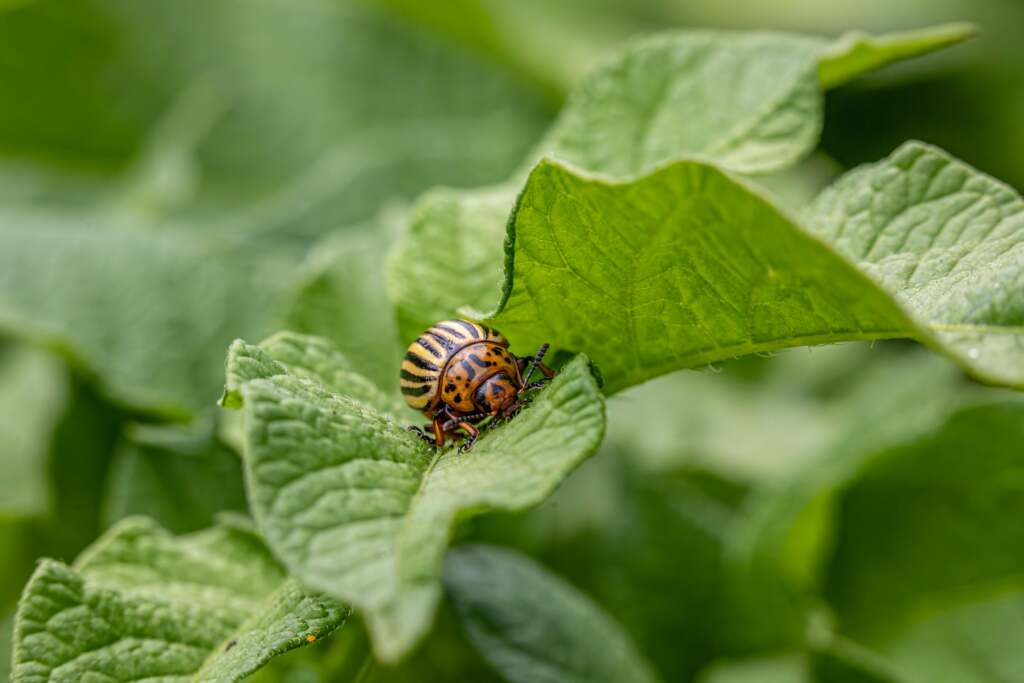
Pest Management
Pest management solutions involve implementing integrated pest management (IPM) strategies that combine biological, cultural, mechanical, and chemical controls to effectively manage pest populations while minimizing environmental impact. By conducting thorough pest assessments and monitoring, companies can identify specific threats and apply targeted interventions, such as using beneficial insects, crop rotation, and organic pesticides. Education and training on best practices empower teams to adopt preventive measures, reducing reliance on chemicals and promoting sustainable agriculture.
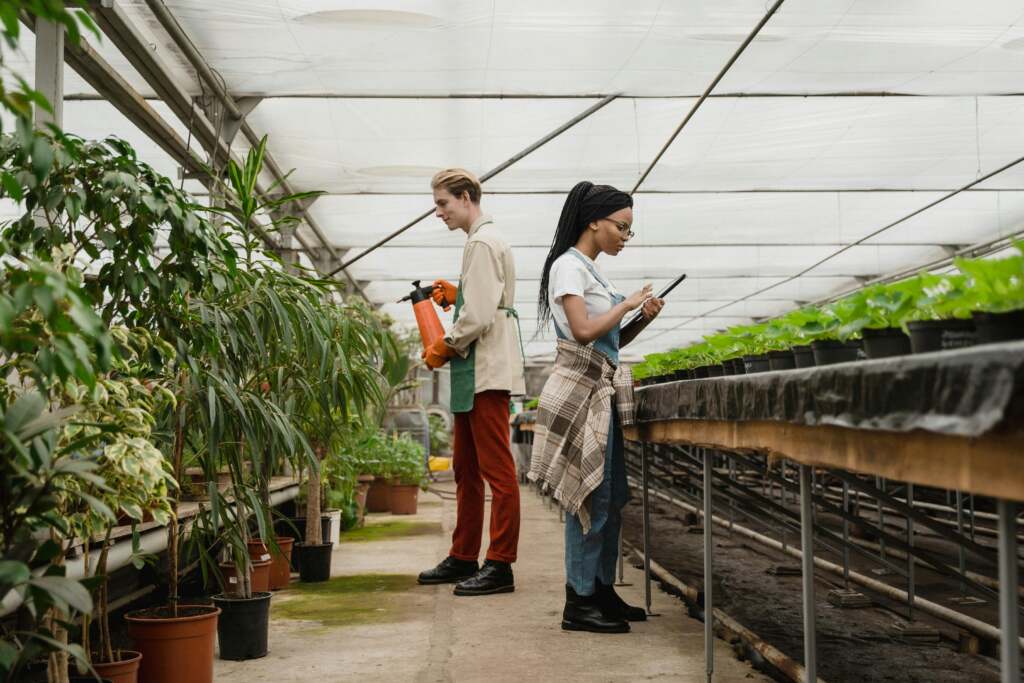
Sustainable Practices
Implementing sustainable practices in agriculture for companies involves adopting methods that promote environmental health, economic viability, and social equity. This includes techniques like crop rotation, agroforestry, and organic farming to enhance biodiversity and soil health. Companies can also focus on reducing chemical inputs through integrated pest management and using cover crops to prevent erosion and improve soil structure. Water conservation practices, such as drip irrigation and rainwater harvesting, further ensure efficient resource use. Additionally, engaging in community initiatives and fair labor practices supports social sustainability.
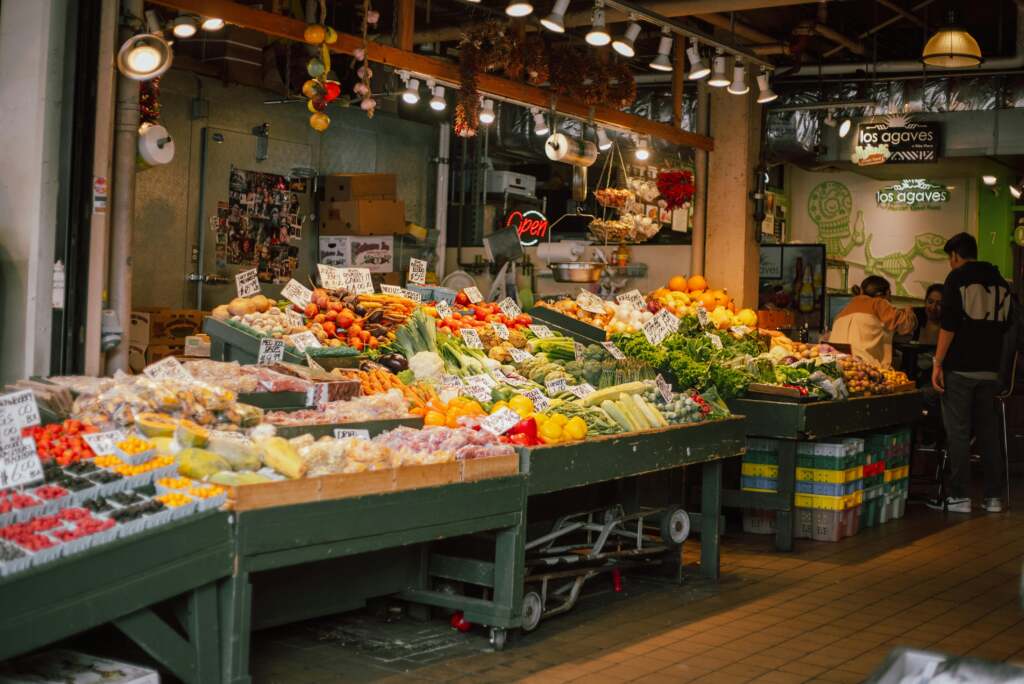
Market Supply Chain
The market supply chain encompasses the entire process of bringing agricultural products from farm to consumer, ensuring efficiency and transparency at each stage. This involves sourcing raw materials, managing production schedules, and optimizing logistics to transport goods to markets while minimizing waste. Companies can leverage technology such as supply chain management software and blockchain for traceability, enhancing food safety and quality assurance. Collaborating with farmers, distributors, and retailers helps create a resilient network that adapts to market demands and fluctuations.
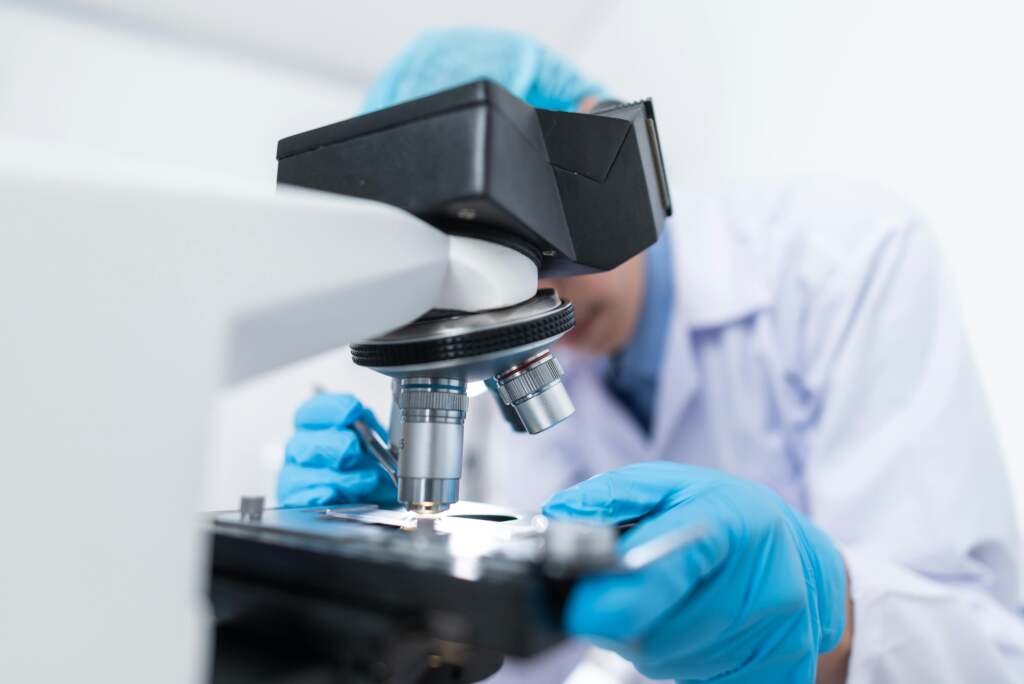
Research & Development
Research and development (R&D) in agriculture plays a vital role in driving innovation and improving productivity, sustainability, and resilience within the sector. By investing in R&D, agricultural companies can develop new crop varieties that are disease-resistant and climate-adaptive, enhance soil health through innovative farming techniques, and create advanced technologies such as precision agriculture tools and biopesticides. Collaborating with academic institutions and leveraging data analytics allows companies to conduct field trials and gather insights that inform best practices and policy recommendations.

Policy & Regulation
Policy and regulation in agriculture are essential for ensuring food safety, environmental protection, and economic stability within the sector. Governments establish guidelines that govern land use, water management, pesticide application, and livestock welfare, promoting sustainable practices and protecting public health. These policies often include subsidies and incentives for farmers adopting eco-friendly practices or technologies. Additionally, trade regulations impact how agricultural products are imported and exported, influencing market access and competitiveness. By fostering collaboration between stakeholders-farmers, industry leaders, and policymaker.

Licencing lands
Licensing lands for agriculture is a critical process that involves obtaining the necessary permits and approvals to utilize land for farming purposes. This typically requires compliance with local regulations, zoning laws, and environmental guidelines to ensure sustainable land use and protection of natural resources. The licensing process often includes assessments of soil quality, water availability, and potential impacts on surrounding ecosystems. Additionally, securing licenses may involve demonstrating adherence to agricultural best practices and land management standards.
Maurizon is your local supplier
Your goal is our priority

